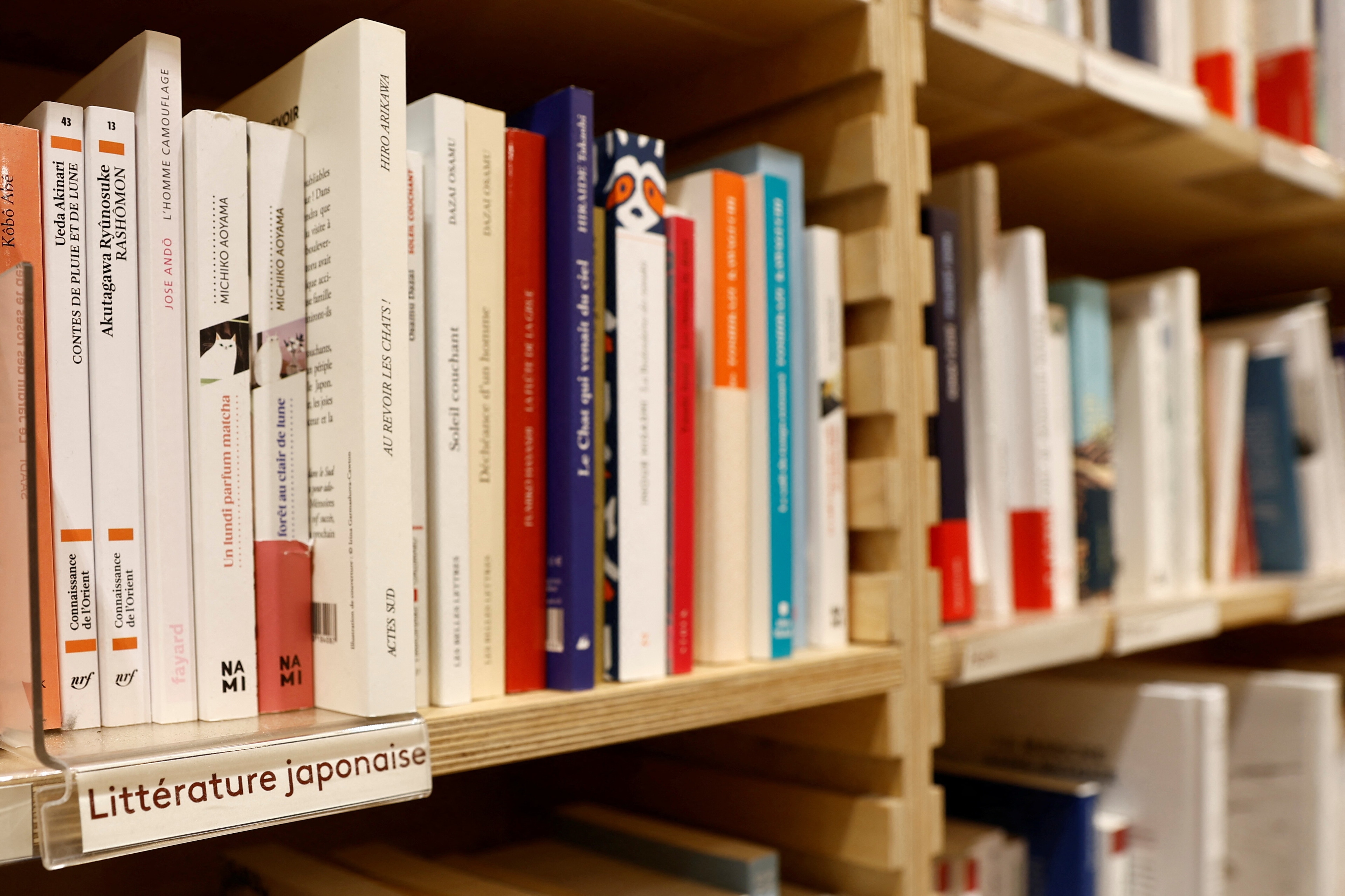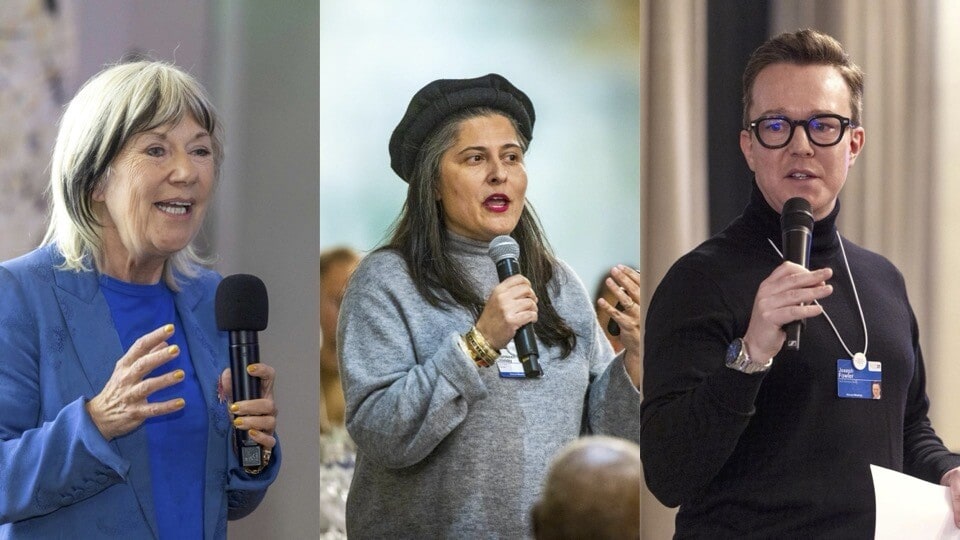This manga-style artist is drawing stories of historically powerful women

Modern manga grew in popularity in Japan after World War Two. Image: REUTERS/Charles Platiau
A feminist manga-style artist says she will use characters based on an Egyptian pharaoh and a Chinese empress to bring more female empowerment to the male-dominated world of comic books.
Queenie Chan is working on a series of non-fiction biographies aimed at children called "Women Who Were Kings", which will be rendered in manga, a comic book genre that originated in Japan.
"I'm doing a series of biographies on a bunch of queens from all over the world, and from many different cultures, who achieved political power on parity with what we expect from kings - hence the title," said Chan.

The first completed story focused on Hatshepsut, a female Egyptian pharaoh, and the next will be on Wu Zetian, the first and only female Chinese empress, she said by phone from her home in Sydney, Australia.
Manga developed its modern meaning — to describe a whole genre of Japanese animated art — at the beginning of the 1900s when artists in Japan were influenced by imports of political comic strips from the United States and Britain.
Modern manga grew in popularity in Japan after World War Two and then spread overseas, with millions of copies of magazines sold each year, pulling in about $3.8 billion in 2017, according to the Research Institute for Publications.
The genre is afforded unrivalled freedom in Japan and covers a variety of themes from horror, romance and same-sex relationships to comedy and pornography, but female empowerment is rarely tackled.
"It isn't unusual for women to be making manga, but it is unusual to have the theme," said Paul Gravett, an expert and who has written books and curated international manga exhibitions.
"The women's position in Japanese society hasn't had the big push of feminism that we've seen in many other countries."

Manga-style artists outside of Japan are also rare, as the industry is dominated globally by male-dominated comics produced by U.S. publishers like Marvel and DC.
As a child, Chan used to read pirated manga comics from newsstands in Hong Kong, where she was born, and returned to the medium as a teenager in Australia.
Chan purposefully puts powerful female leads in her comics, and her first published work, "The Dreaming", contained nearly all female characters.
"In terms of projecting women as powerful - there are many different kinds of power," she said.
"One kind of power that women are frequently depicted of lacking - because there just aren't any representations of that in popular media - is political, economic and military power."

Have you read?
Chan has also published a three-book series called "Fable Kingdom", which is a fairytale-inspired story with a powerful female lead.
"In our society when we talk about the lack of female representation in boardrooms or politics, it is important for people to have representations of women who can fill that role, Chan told the Thomson Reuters Foundation.
"You can't be what you can't see. I'm just letting people know that these things exist and have for a long time."
Don't miss any update on this topic
Create a free account and access your personalized content collection with our latest publications and analyses.
License and Republishing
World Economic Forum articles may be republished in accordance with the Creative Commons Attribution-NonCommercial-NoDerivatives 4.0 International Public License, and in accordance with our Terms of Use.
The views expressed in this article are those of the author alone and not the World Economic Forum.
Stay up to date:
Japan
Forum Stories newsletter
Bringing you weekly curated insights and analysis on the global issues that matter.
More on Arts and CultureSee all
Elena Raevskikh and Giovanna Di Mauro
October 22, 2025






